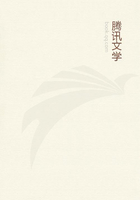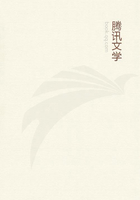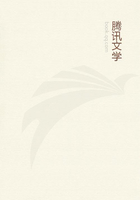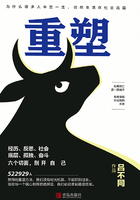But as regards the second element of that object, namely, happiness perfectly proportioned to that worthiness, it is true that there is no need of a command to admit its possibility in general, for theoretical reason has nothing to say against it; but the manner in which we have to conceive this harmony of the laws of nature with those of freedom has in it something in respect of which we have a choice, because theoretical reason decides nothing with apodeictic certainty about it, and in respect of this there may be a moral interest which turns the scale.
I had said above that in a mere course of nature in the world an accurate correspondence between happiness and moral worth is not to be expected and must be regarded as impossible, and that therefore the possibility of the summum bonum cannot be admitted from this side except on the supposition of a moral Author of the world.Ipurposely reserved the restriction of this judgement to the subjective conditions of our reason, in order not to make use of it until the manner of this belief should be defined more precisely.The fact is that the impossibility referred to is merely subjective, that is, our reason finds it impossible for it to render conceivable in the way of a mere course of nature a connection so exactly proportioned and so thoroughly adapted to an end, between two sets of events happening according to such distinct laws; although, as with everything else in nature that is adapted to an end, it cannot prove, that is, show by sufficient objective reason, that it is not possible by universal laws of nature.
Now, however, a deciding principle of a different kind comes into play to turn the scale in this uncertainty of speculative reason.
The command to promote the summum bonum is established on an objective basis (in practical reason); the possibility of the same in general is likewise established on an objective basis (in theoretical reason, which has nothing to say against it).But reason cannot decide objectively in what way we are to conceive this possibility; whether by universal laws of nature without a wise Author presiding over nature, or only on supposition of such an Author.Now here there comes in a subjective condition of reason, the only way theoretically possible for it, of conceiving the exact harmony of the kingdom of nature with the kingdom of morals, which is the condition of the possibility of the summum bonum; and at the same time the only one conducive to morality (which depends on an objective law of reason).
Now since the promotion of this summum bonum, and therefore the supposition of its possibility, are objectively necessary (though only as a result of practical reason), while at the same time the manner in which we would conceive it rests with our own choice, and in this choice a free interest of pure practical reason decides for the assumption of a wise Author of the world; it is clear that the principle that herein determines our judgement, though as a want it is subjective, yet at the same time being the means of promoting what is objectively (practically) necessary, is the foundation of a maxim of belief in a moral point of view, that is, a faith of pure practical reason.This, then, is not commanded, but being a voluntary determination of our judgement, conducive to the moral (commanded)purpose, and moreover harmonizing with the theoretical requirement of reason, to assume that existence and to make it the foundation of our further employment of reason, it has itself sprung from the moral disposition of mind; it may therefore at times waver even in the well-disposed, but can never be reduced to unbelief.
IX.Of the Wise Adaptation of Man's Cognitive Faculties to his Practical Destination.
If human nature is destined to endeavour after the summum bonum, we must suppose also that the measure of its cognitive faculties, and particularly their relation to one another, is suitable to this end.Now the Critique of Pure Speculative Reason proves that this is incapable of solving satisfactorily the most weighty problems that are proposed to it, although it does not ignore the natural and important hints received from the same reason, nor the great steps that it can make to approach to this great goal that is set before it, which, however, it can never reach of itself, even with the help of the greatest knowledge of nature.Nature then seems here to have provided us only in a stepmotherly fashion with the faculty required for our end.

